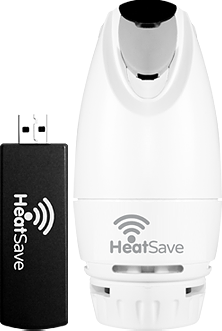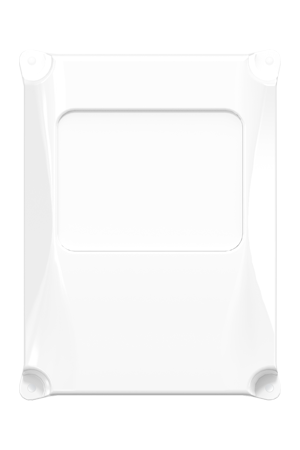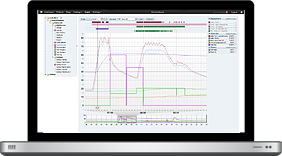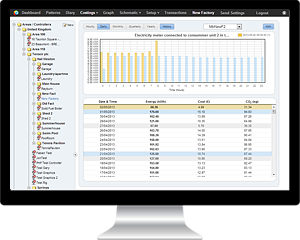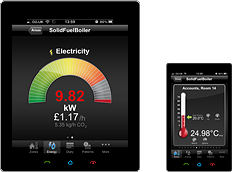Energy efficiency can pose possible health risks if not done right, report suggests
Energy management systems can help customers significantly reduce their energy bills, but they could also have a negative impact on public health if not properly designed and implemented, recent research into this matter was able to reveal.
A study published in the British Medical Journal earlier this year claims that some home energy efficiency improvements could cost lives by increasing indoor radon exposure and the resultant risk of developing lung cancer.
According to the authors, energy efficiency projects could lead to an estimated 56.6% increase in average indoor radon concentrations. This colourless gas, which occurs naturally from the indirect decay product of uranium or thorium, can be found in indoor air and produces a radioactive dust that is trapped in our airways.
The increased radon concentrations are derived from the fact that many energy efficiency improvements alter the way that buildings exchange indoor and outdoor air.
A 2013 study suggested similar risks in retrofitted buildings from mould growth and “sick building syndrome”, where occupants appear to experience health issues from occupancy in a building. By trapping humidity inside the building, energy efficiency retrofits could unintentionally lead to dangerous mould growth. In turn, people in these buildings would be more prone to chronic fatigue, irritated lungs, and watery eyes.
Designing an energy management system that doesn’t affect the overall quality of air within a building is not an easy task, but it’s something that HeatingSave has managed to achieve.
The system employs data from a variety of sources (boiler flow and return sensors, internal and external temperature sensors, occupancy sensors, humidity sensors, etc.), and enables the perfect optimization of a building’s boiler-based central heating system.
If you’d like to find out more about the savings enabled by the HeatingSave Building Energy Management System, just contact our dedicated product team, they’ll be more than happy to answer all of your questions and queries.


